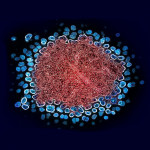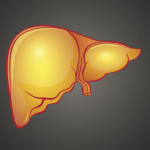San Francisco researchers stoked up the victory pipe as the feds gave a green light to medical marijuana studies. “We’ve been trying to do a study for four years,” said Dr. Donald Abrams of the University of California, San Francisco, who spearheaded the effort. A million-dollar grant from the National Institutes of Health (NIH) ended a protracted struggle for the researcher, who is finally able to study pot’s interaction with protease to determine whether toking renders the anti-HIV drugs dangerous or ineffective. “Our concern would be that Marinol or marijuana smoke would have an adverse affect on Crixivan [indinavir],” Abrams said, adding that pot is metabolized by the same liver enzymes that process protease inhibitors.
The two-year study will compare PWAs on Crixivan (the most commonly prescribed anti-protease) who ingest Marinol (a pill containing THC, the active ingredient in pot) and those who smoke marijuana (provided by the National Institute on Drug Abuse) with a control group taking only placebo. Researchers will look at the drug’s impact on viral loads, hormones and the immune system, as well as appetite and weight gain.
The 63 PWAs lighting up research reefers and popping pot pills are enrolled for 21-days at the San Francisco General Hospital. If dooby use is determined to be innocuous, a follow-up study will be initiated. The results are expected to play a key role in the debate over the medical use of marijuana for PWAs. One major pro-pot advocate is certain of the outcome. “I know this experiment will work because I know marijuana gives you the munchies,” said the Cannabis Cultivator Club’s Dennis Peron.






Comments
Comments